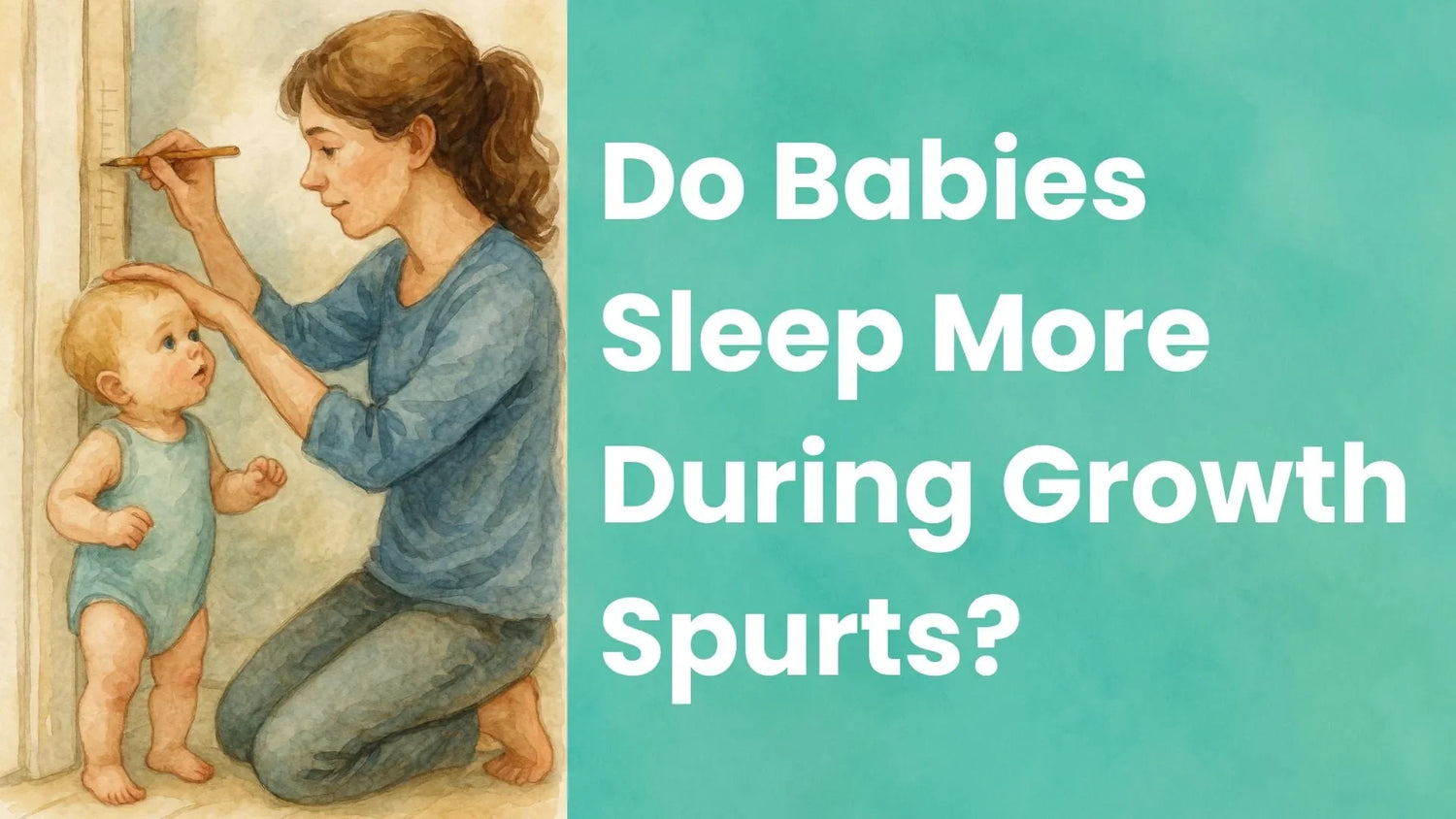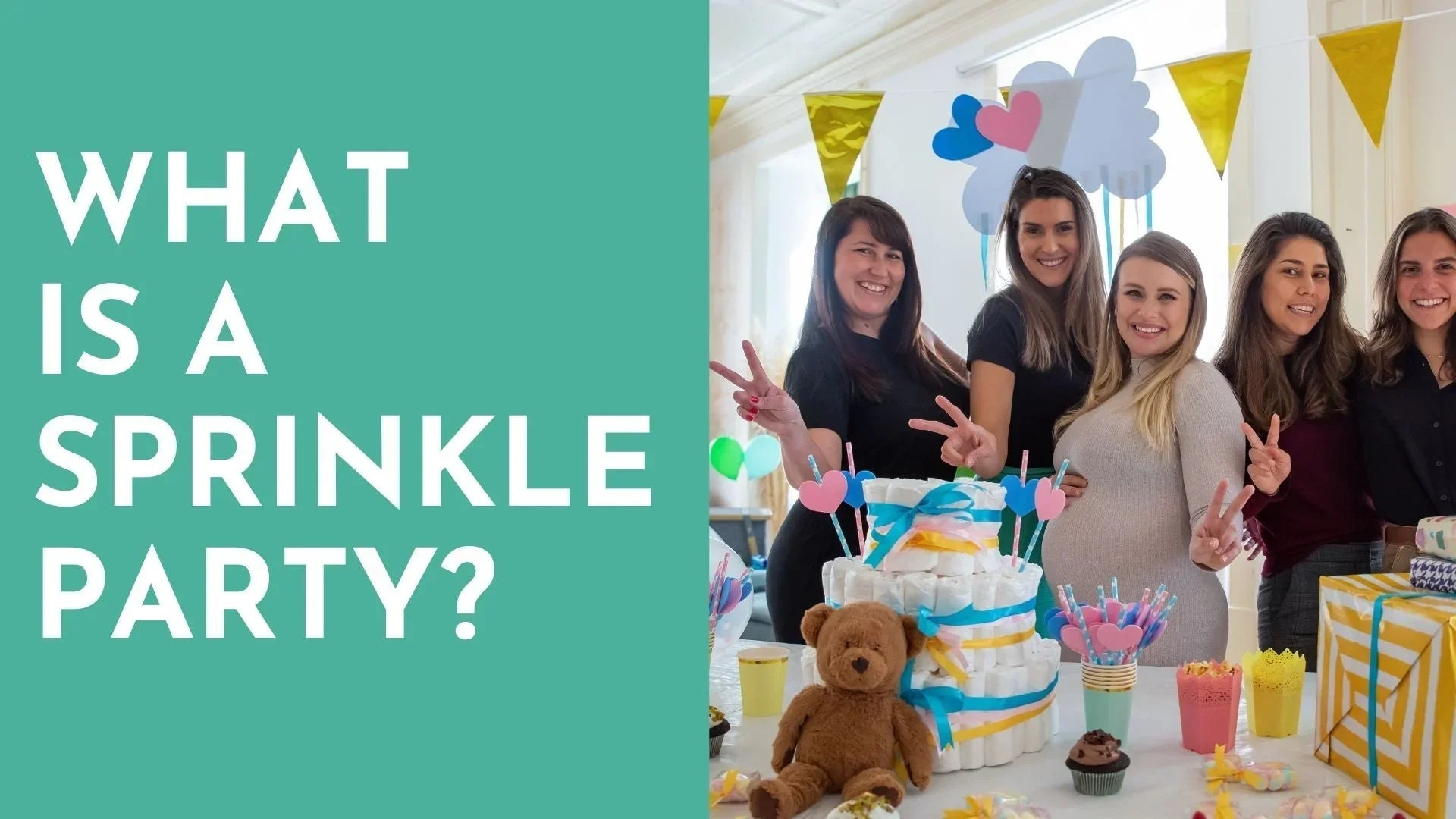Yes—many babies log slightly longer total sleep during growth spurts, likely because growth hormone is released in deep sleep and the body conserves energy for rapid tissue building. Still, some infants do the opposite: they wake more often because intense hunger interrupts rest. Spurts are brief (often 2–7 days), so watch patterns rather than the clock and feed on demand. If unusual sleep changes persist beyond two weeks or are paired with poor feeding, call your pediatrician.
What Exactly Is a Growth Spurt?
A growth spurt is a short burst of rapid physical development — the baby version of a growth sprint. Most babies go through these during:
-
2 to 3 weeks
-
6 weeks
-
3 months
-
4 months
-
6 months
-
9 months
These aren’t fixed dates, but common windows when you might see big changes (and big hunger).
Why Some Babies Sleep More
-
Energy Recharge: Sleep helps fuel rapid tissue growth and cell repair.
-
Hormonal Boost: Growth hormone is released during deep sleep.
-
Brain Leaps: Cognitive development also spikes, which needs recovery time.
Why Some Sleep Less
-
Hungry All the Time: Your baby might wake more to eat.
-
Body Feels Weird: New sensations and physical discomfort can cause restlessness.
-
Too Excited to Sleep: Rolling, babbling, grabbing toys — new skills can interrupt naps.
Growth Spurt vs. Sleep Regression — What’s What?
| Feature | Growth Spurt | Sleep Regression |
|---|---|---|
| Length | 2–7 days | 2–6 weeks |
| Trigger | Physical growth | Brain development |
| Appetite | Definitely up | May or may not change |
| Sleep | May increase or fragment | Usually worsens |
| Parent Game Plan | Feed more, be flexible | Stick to routines, offer comfort |
How to Spot a Growth Spurt
You might notice:
-
Feeding Frenzy: Constant nursing or bottle guzzling
-
Sleep Shifts: Either longer naps or middle-of-the-night wakeups
-
Crankier Than Usual: Especially between feeds
-
Snug Onesies: Clothes that suddenly don’t fit
How Long Will This Last?
Most growth spurts last 2–3 days, sometimes up to a week. If sleep is off for more than two weeks, look into other causes — teething, illness, or a true regression.
What Parents Search (and What You Really Need to Know)
"Do newborns sleep more during growth spurts?"
Often yes, but hunger can still wake them up frequently. Feed often and let them nap as needed.
"Baby growth spurt sleep schedule"
Keep your routine, but stay flexible. If baby needs extra naps, take them. If they’re waking more, try soothing feeds and contact naps.
"Growth spurt vs leap"
Leaps = mental jumps. Growth spurts = body jumps. The two can overlap. When they do, buckle up — sleep might get bumpy.
"Is the 4-month sleep regression a growth spurt?"
Not exactly. It’s more about baby learning adult-like sleep patterns. Growth might happen too, but it’s primarily a brain change.
What Actually Helps
-
Feed Often: Your baby’s body is screaming for calories.
-
Prioritize Naps: Don’t skip them, even short ones.
-
Snuggle Up: Contact naps can save your sanity.
-
Stick to Bedtime Rituals: Bath, books, cuddles — keep them going.
-
Monitor Health: Call your pediatrician if your baby is lethargic, feeding poorly, or has fewer wet diapers.
When to Check In with Your Pediatrician
-
Growth spurts last more than 7–10 days
-
Baby isn’t gaining weight or seems too sleepy when awake
-
You notice fever, rashes, or breathing changes





